In a groundbreaking initiative, California has set a new precedent by implementing a $20 per hour minimum wage for fast food workers, effective April 1, 2024. This move, part of Assembly Bill (AB) 1228, marks the largest one-time wage increase in U.S. history. Despite concerns from some business sectors about potential negative impacts, a report from the Harvard Kennedy School suggests that the wage hike has led to significant financial benefits for workers without the adverse effects on employment that some had predicted. A link to the report can be found at the end of the article.
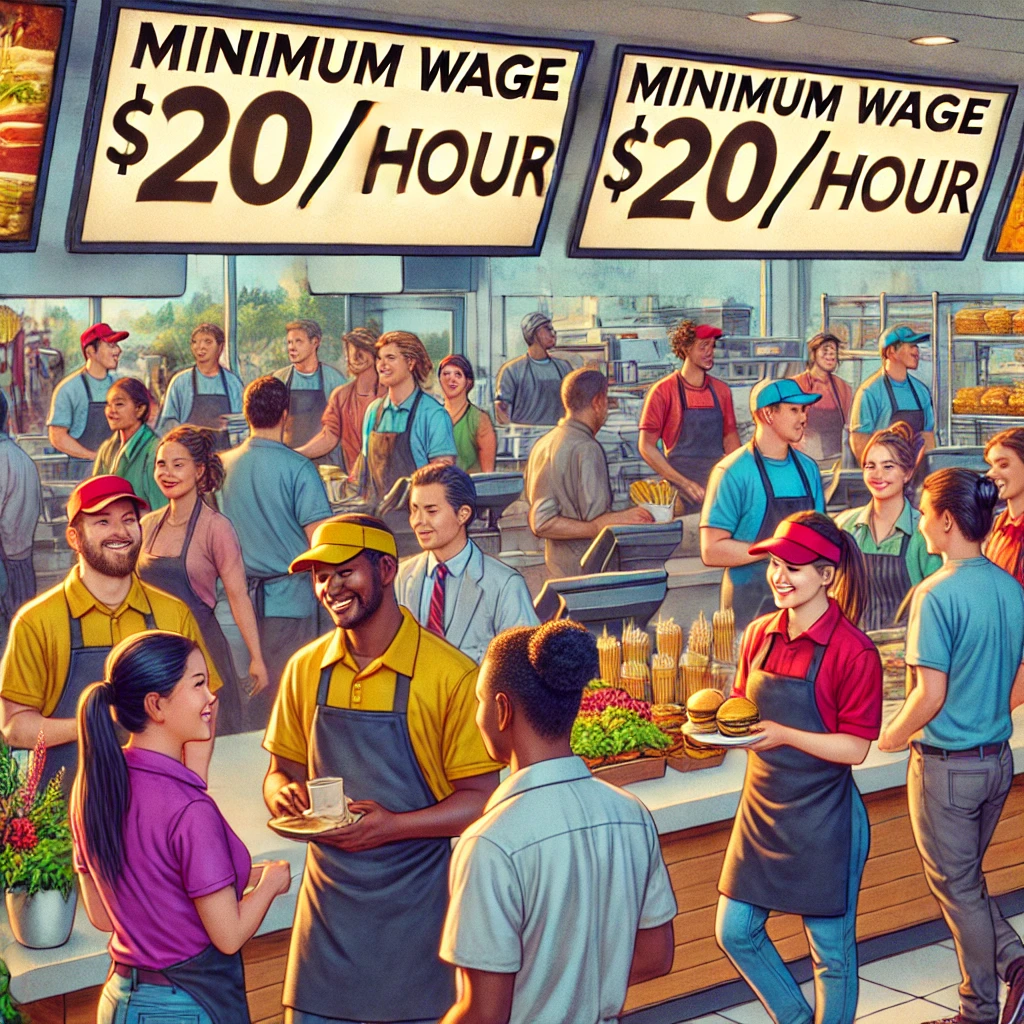
According to the Shift Project’s survey data analyzed by the Harvard Kennedy School, 3,420 fast food workers in California reported that immediately following the wage increase, hourly wages for these workers rose by at least $2.50. Furthermore, the proportion of workers earning less than $20 per hour decreased by approximately 60 percentage points. This substantial improvement in wage levels demonstrates the direct benefits of the new legislation.
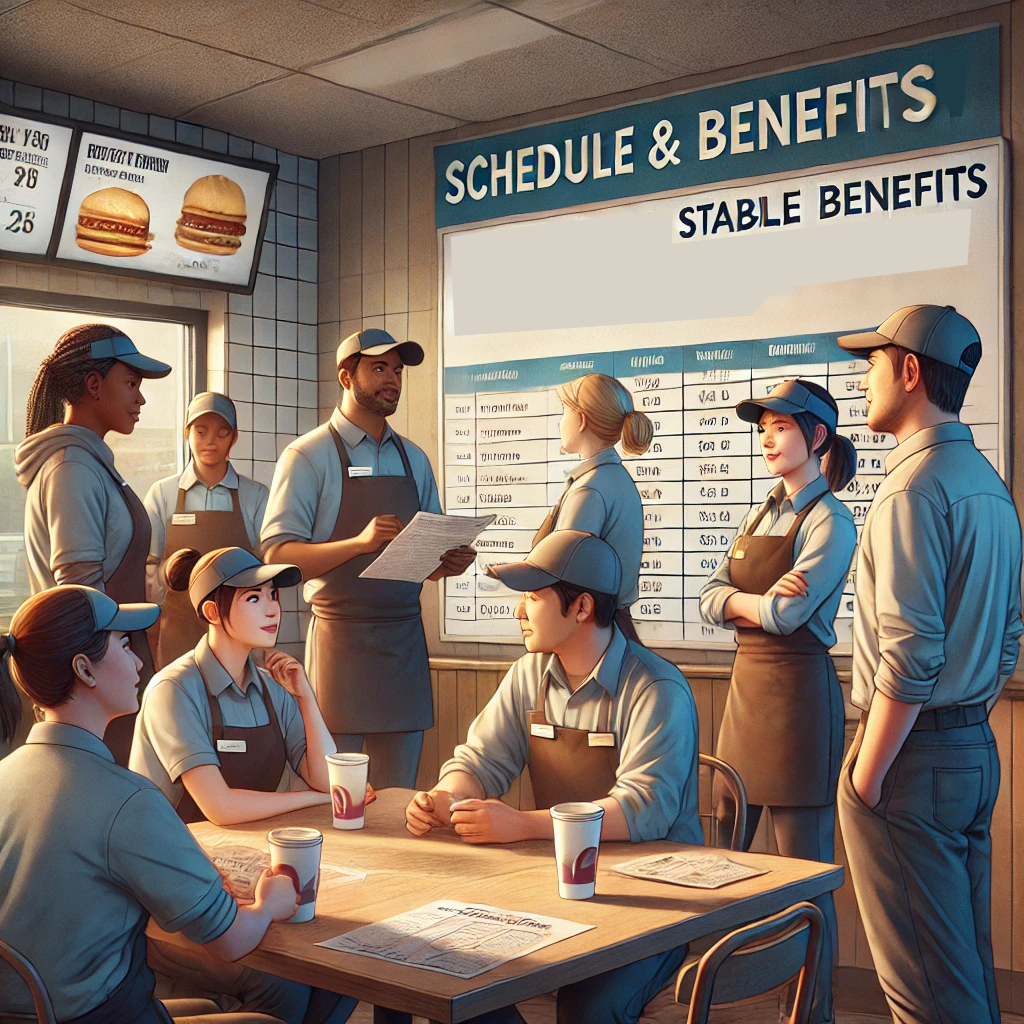
Concerns that the wage increase would lead to reduced hours, staffing cuts, or a scaling back of benefits such as health or dental insurance have not materialized according to the data. The findings indicate no significant changes in employment hours or reductions in fringe benefits following the wage increase. This suggests that fast food businesses have adapted to the higher wage costs without resorting to cuts in staffing or benefits.
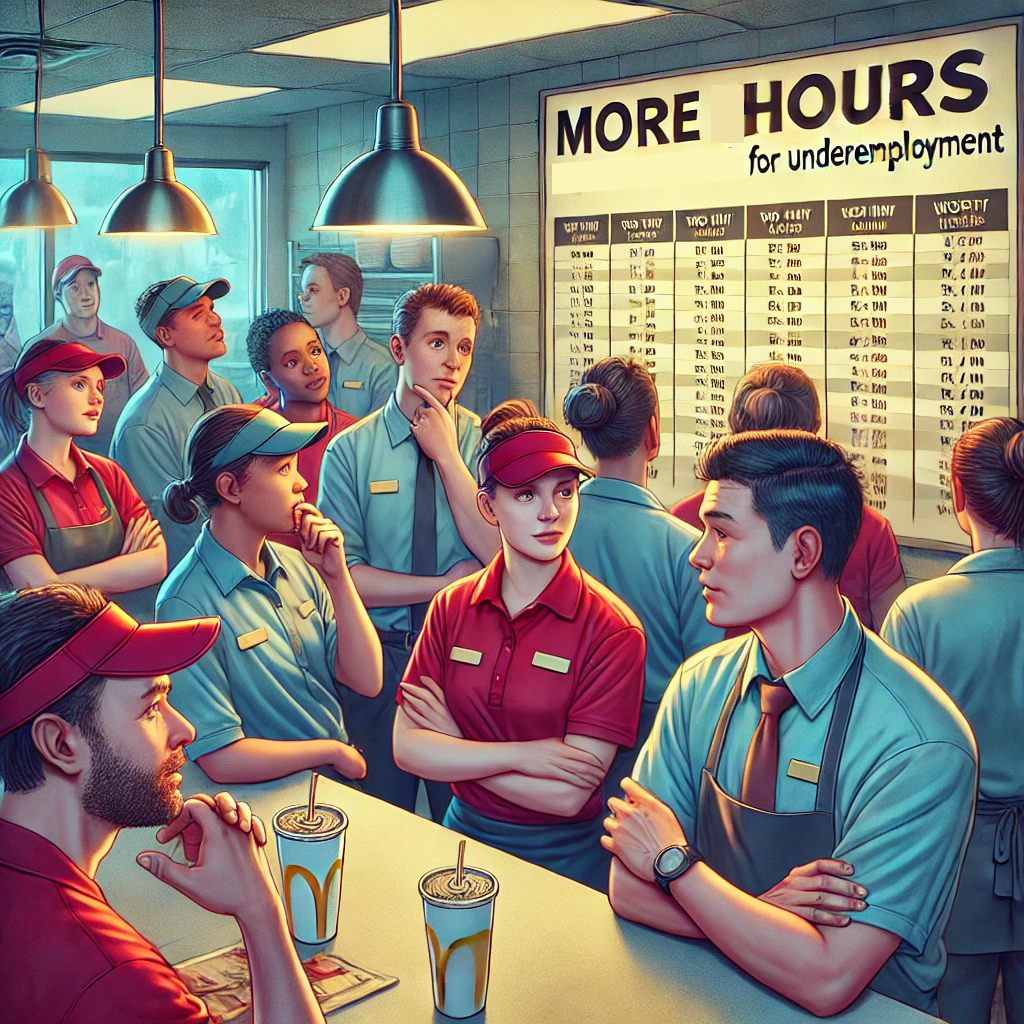
However, the issue of underemployment remains a challenge. About one-third of the fast food workers surveyed indicated a desire for more work hours, despite the wage increase. Additionally, nearly two-thirds of these workers reported receiving their work schedules with less than two weeks’ notice, pointing to continued instability in scheduling practices.
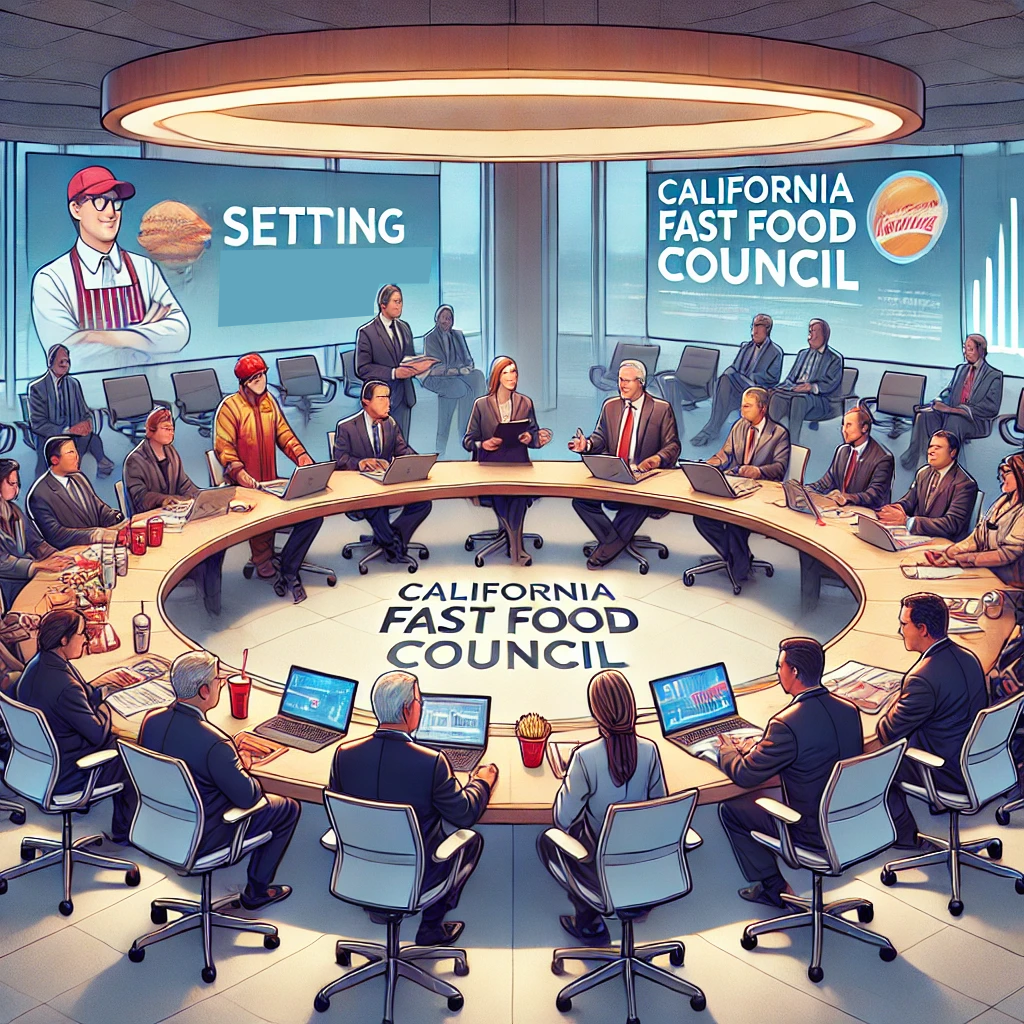
The policy draws on the principles of sectoral bargaining, which involves negotiating labor standards across an entire industry. California’s Fast Food Council, established under AB 1228, includes members from a range of stakeholder groups and has the authority to regulate labor standards for the state’s large fast food chains. This approach aims to provide a unified strategy to improve working conditions across the industry.
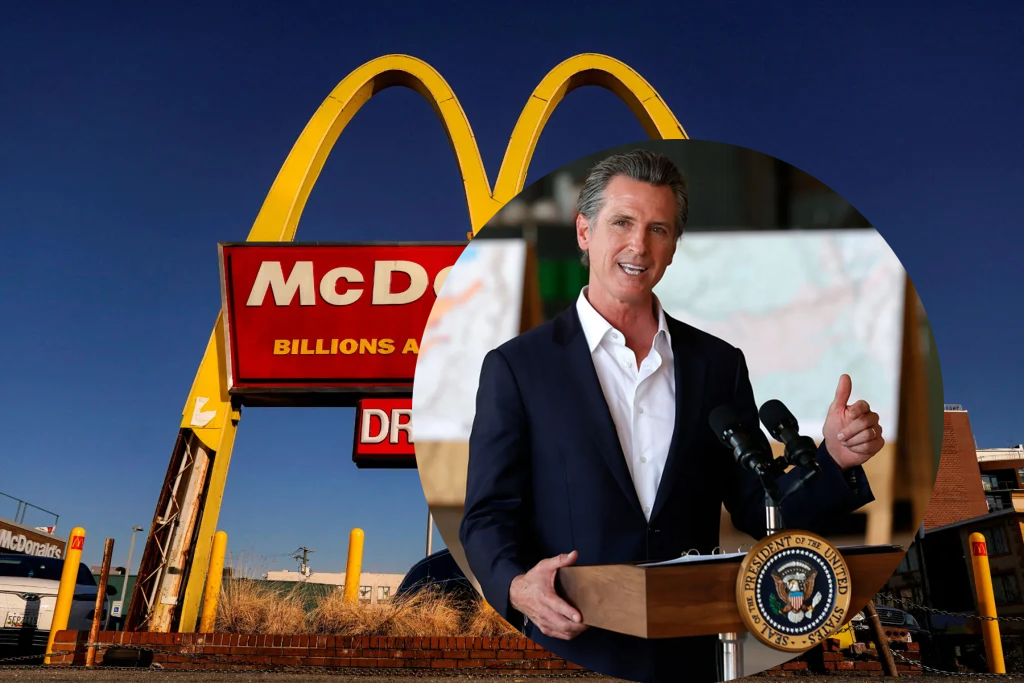
Governor Gavin Newsom has cited the robust employment figures in the fast food sector as evidence that the wage increase has not negatively impacted job availability. This perspective is supported by economic research suggesting that employment in nontradable sectors like the fast food industry is generally resilient to minimum wage increases.

As California continues to monitor the impacts of this significant policy change, the early results offer a hopeful outlook that higher wages can improve worker incomes significantly without leading to job losses or reduced benefits. These findings from the Harvard Kennedy School may serve as a valuable reference for other states considering similar wage policies.






